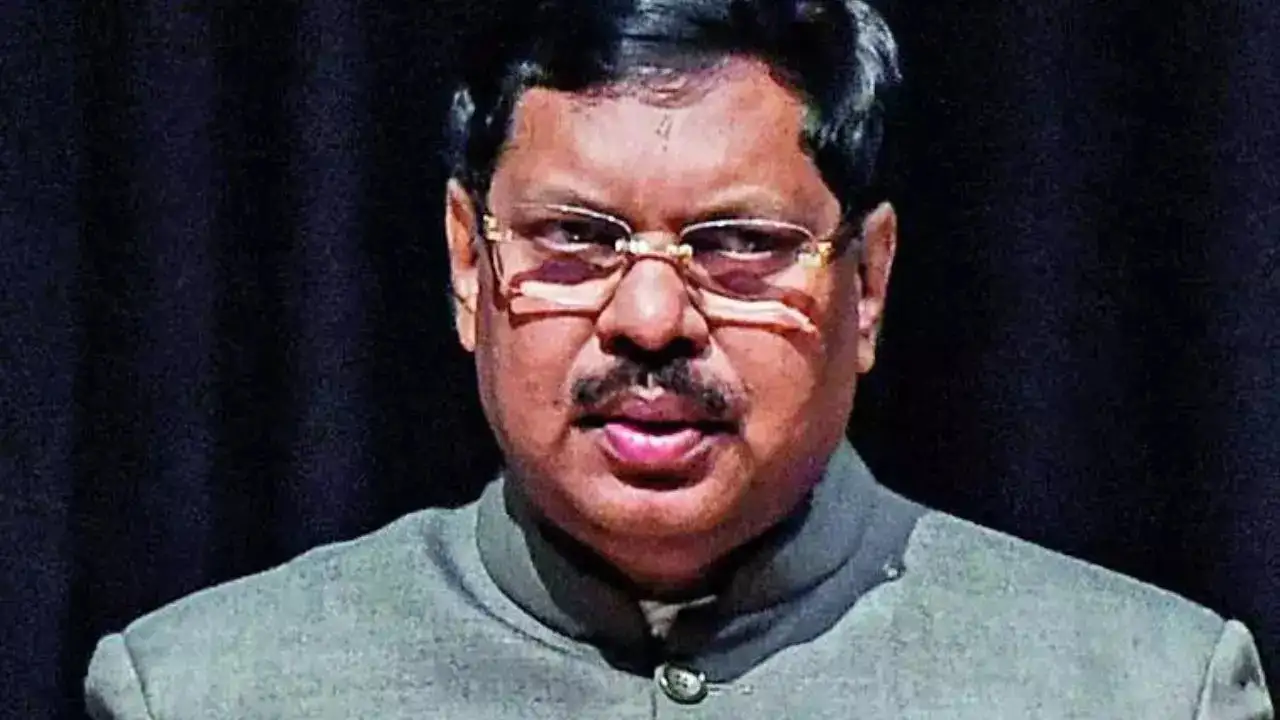Now Reading: CJI Recalls HC Judge Who Does Everything Except Decide Cases — What This Reveals About Judicial Accountability
-
01
CJI Recalls HC Judge Who Does Everything Except Decide Cases — What This Reveals About Judicial Accountability
CJI Recalls HC Judge Who Does Everything Except Decide Cases — What This Reveals About Judicial Accountability

The Chief Justice of India has drawn sharp attention to a troubling issue: a High Court judge who performs many judicial duties yet fails to decide cases in a timely manner. Such behaviour can erode public trust in India’s legal system. This concern is especially serious for residents in Tier-2 cities, where court delays often hit hardest. Understanding what’s at stake may help ordinary citizens demand better judicial responsibility.
What the Chief Justice Said
The CJI criticised a High Court judge for avoiding the core duty of delivering judgments, even while undertaking almost all other judicial tasks. While hearing matters, ordering procedures, and keeping court schedules, the judge apparently delayed giving written decisions. The remark came during a judicial conference focused on pendency and accountability in courts.
“The judge does everything except decide cases” has become a shorthand for judicial inaction affecting litigants waiting for justice.
Why Delays in Decision Making Matter
Justice delayed is justice denied. When cases drag on without decisions, litigants stay in limbo—contracts, property, family disputes all suffer. For people in Tier-2 cities, where courts may have fewer judges and more backlog, such delays mean extra travel, more expense, and in many cases, losing faith in the system.
Lower courts depend on High Court precedents. When HC judgments are delayed, subordinate courts wait for guidance, slowing overall judicial progress. This compounds backlog not just at the HC level but across the judicial chain.
Accountability and Remedies
There are rules and conventions for timely delivery of judgments. The Supreme Court has repeatedly emphasised that judges must decide cases soon after hearing. Judicial administrative machinery typically monitors case pendency and time taken to render decisions.
Sometimes, the judge in question is recalled or reminded by higher judicial authority to speed up work. Internal reviews or peer evaluations may also be used. Some calls are for more rigorous performance evaluation systems, where judges are assessed on not just quantity of hearings but quality and timeliness of judgments.
Challenges Faced by Judges
Delays aren’t always due to negligence. Heavy caseload, inadequate staff, or limited resources (especially in smaller High Courts) can contribute. Sometimes judges are overloaded with both administrative work and judicial work. In many High Courts, there are vacancies or lack of support staff, which slow writing judgments even after hearings are over.
There’s also the matter of legal complexity. Certain cases require detailed reasoning which takes time. Balancing speed with quality is difficult. Rushing can lead to weak or flawed judgments, which then get challenged, undoing earlier time spent.
What this Means for Tier-2 Cities
In Tier-2 cities, litigants don’t always have access to good legal counsel or frequent updates about their case progress. Delays magnify hardships—financial costs, stress, uncertainty.
When High Courts take long to decide, district or lower courts may hesitate to act or follow the HC’s lead, amplifying the effect of delays locally. For people who depend on the judiciary to resolve issues like land rights, tenancy, local government disputes, delays are more than inconvenient—they can affect livelihoods.
Conclusion
The CJI’s rebuke of a High Court judge who fails to decide cases underscores a deeper issue: judicial delays harm both individuals and the justice system’s credibility. It’s not enough for judges to hear cases; they must deliver. Improving accountability, filling vacancies, ensuring adequate support and prioritising timely judgments are essential. For citizens, especially in smaller cities, demand for timely decisions isn’t just about patience—it’s about fairness.

























